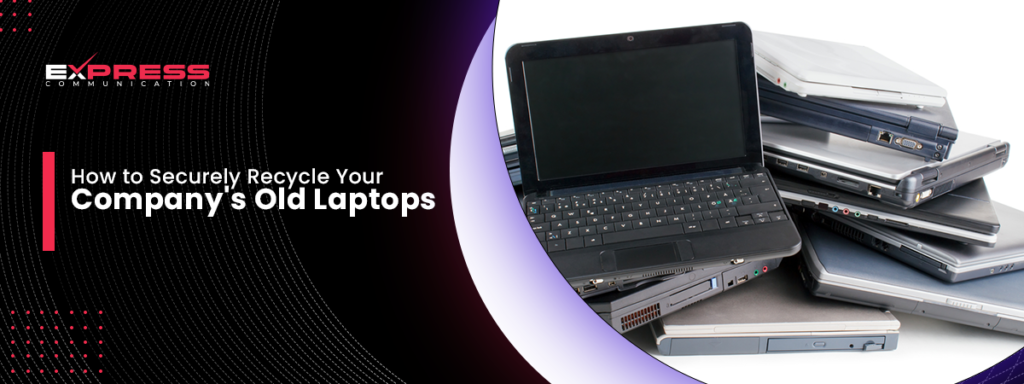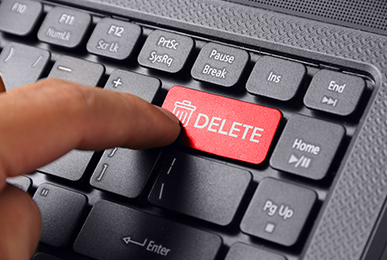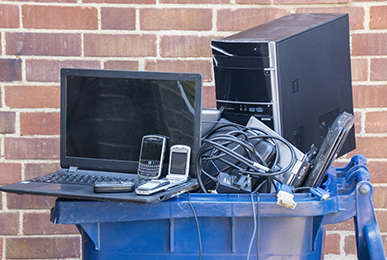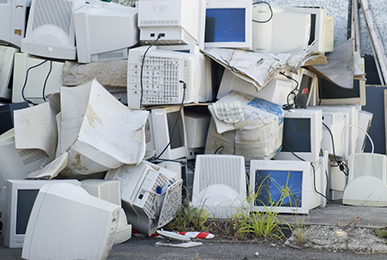
In today’s fast-paced digital world, companies frequently upgrade their hardware to keep up with technological advancements. This often leaves a pile of old laptops that need to be disposed of. However, throwing these laptops into the trash is not a viable solution due to the security risks and environmental impacts of improper disposal. In this blog, we’ll explore the importance of laptop recycling and provide a step-by-step guide on properly recycling your company’s old laptops.
Table of Contents
Understanding the Importance of Laptop Management and Recycling
Old laptops contain various hazardous materials, including lead, mercury, and cadmium, which can harm the environment if not disposed of properly. Laptop recycling ensures that these harmful substances are safely managed and that valuable materials like aluminum and copper are recovered and reused. Management and Recycling helps reduce the extraction of new raw materials, conserving natural resources and reducing the carbon footprint associated with manufacturing new products.
One of the biggest concerns when disposing of old laptops is the risk of data breaches. Sensitive information, such as business plans, customer data, and personal details, can be recovered from improperly disposed laptops, leading to potential security threats. Laptop recycling includes data destruction processes that ensure all data is completely erased before the laptops are recycled, protecting your company from data theft.
Step-by-Step Guide to Securely Recycle Your Company’s Old Laptops
1. Data Backup
Before you even think about recycling, ensure that all important data stored on the laptops is backed up. This can be done using external hard drives, cloud storage, or any other secure backup system. Ensure the backup is complete and accessible to avoid data loss during recycling.
2. Data Wiping
Deleting files or formatting the hard drive isn’t enough to permanently remove data. Use data destruction software to wipe the hard drive completely. These programs are designed to overwrite the data multiple times, making it unrecoverable. For added security, you can also physically destroy the hard drive; however, professionals should handle this step to ensure safety and compliance with recycling regulations.
3. Choosing a Reputable Recycler
Selecting a reputable recycling company that complies with all local and national electronic waste regulations is crucial. Look for recyclers with certifications like e-Stewards or R2, indicating that they follow strict data destruction and environmental standards. A trusted recycler like Express Communication ensures that your laptops are processed environmentally and that all data handling meets security protocols.
4. Preparing Laptops for Management and Recycling
Once the data has been securely wiped, prepare the laptops for recycling. This includes removing any batteries, which may need to be recycled separately due to their hazardous materials. Also, gather all the accompanying accessories, such as chargers and external devices, which might be recyclable.
5. Documentation and Transport
Keep a detailed record of all the laptops and related equipment being recycled. Documenting each device’s serial numbers, model types, and conditions can be crucial for your IT asset management and ensuring compliance with corporate policies. When transporting the laptops to the recycling facility, ensure they are securely packed to prevent any damage or loss during transit. Using a trusted courier service with experience in handling electronic waste is advisable.
6. Audit and Follow-up
After your laptops have been recycled, request a certificate of recycling and destruction from the recycler. This certificate proves that relevant regulations recycled your laptops and that all data destruction procedures were properly followed. It’s also important to conduct a follow-up to ensure that no data breaches occur during the recycling process and to evaluate the effectiveness of the recycling partner for future endeavors.
Addressing Common Concerns in Laptop Management and Recycling
1. Cost of Management and Recycling
Many businesses hesitate to recycle old laptops due to the perceived costs. However, considering a data breach’s potential legal and reputational costs, the investment in secure recycling is minimal. Moreover, some recyclers offer free services or might even buy back certain components for refurbishment, offsetting some costs.
2. Impact on Business Operations
Planning the recycling of old laptops might seem like a daunting task that could interrupt business operations. To minimize disruption, schedule the recycling process during a business downtime or incrementally, starting with the oldest or least essential laptops first.
3. Selecting the Right Recycler
With numerous recycling options available, selecting the right one can be overwhelming. Focus on recyclers who provide detailed information about their recycling process, adhere to the highest industry standards, and have robust security measures. Personal visits or audits can also help assess the facility’s capabilities and compliance with standards.
Conclusion
Management and Recycling your company’s old laptops is not just about compliance with regulations or avoiding security risks; it’s also an opportunity to contribute to environmental sustainability. By adopting responsible recycling practices, businesses can demonstrate their commitment to corporate social responsibility and enhance their brand image. Laptop recycling is a crucial step towards a more sustainable and secure business practice that companies should integrate into their operational protocols.
With this detailed guide, your business can confidently and securely manage to recycle old laptops, turning a potential security risk into an opportunity for positive environmental impact. Remember, secure laptop recycling protects your business and contributes to a healthier planet for future generations.





